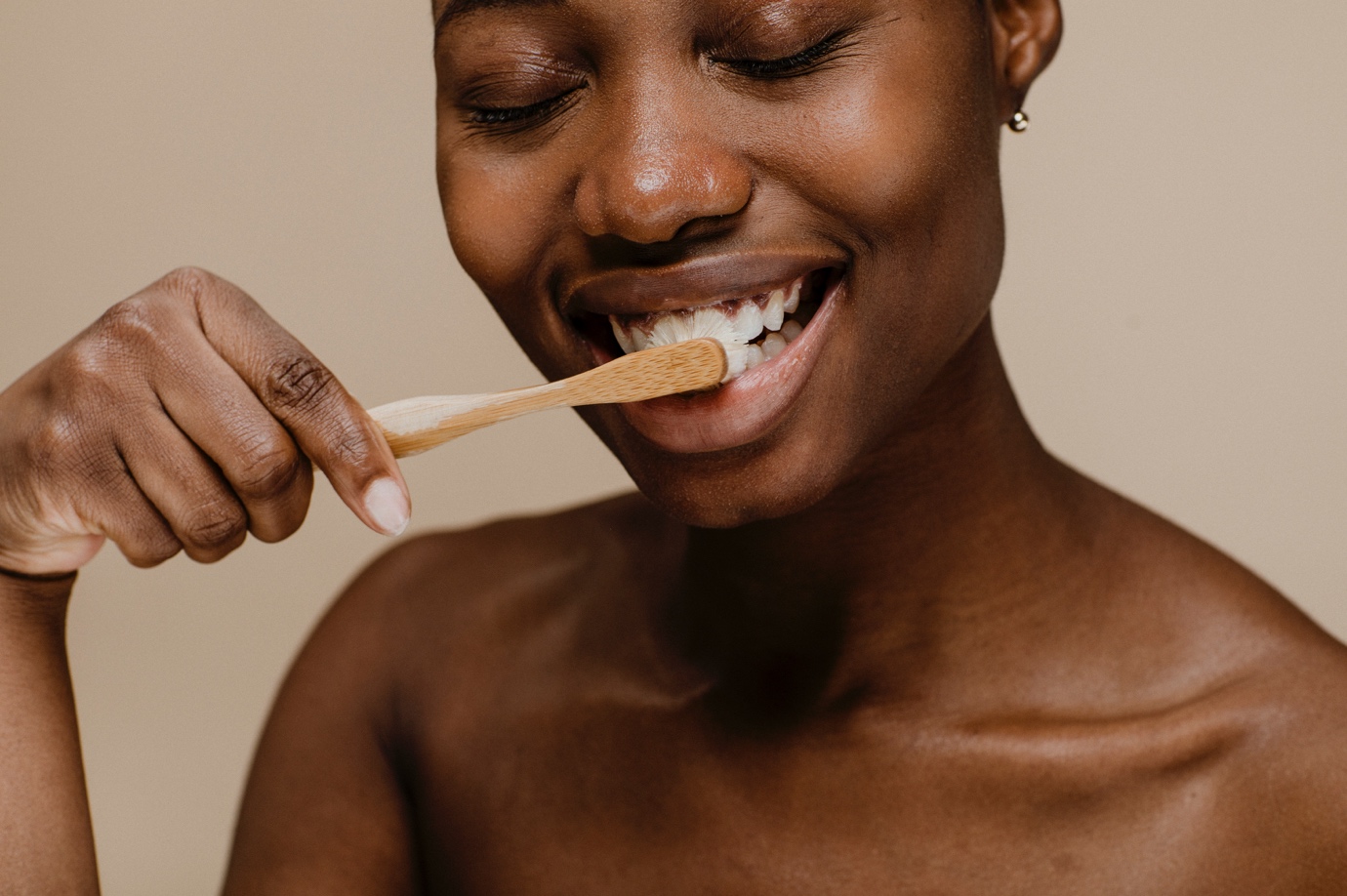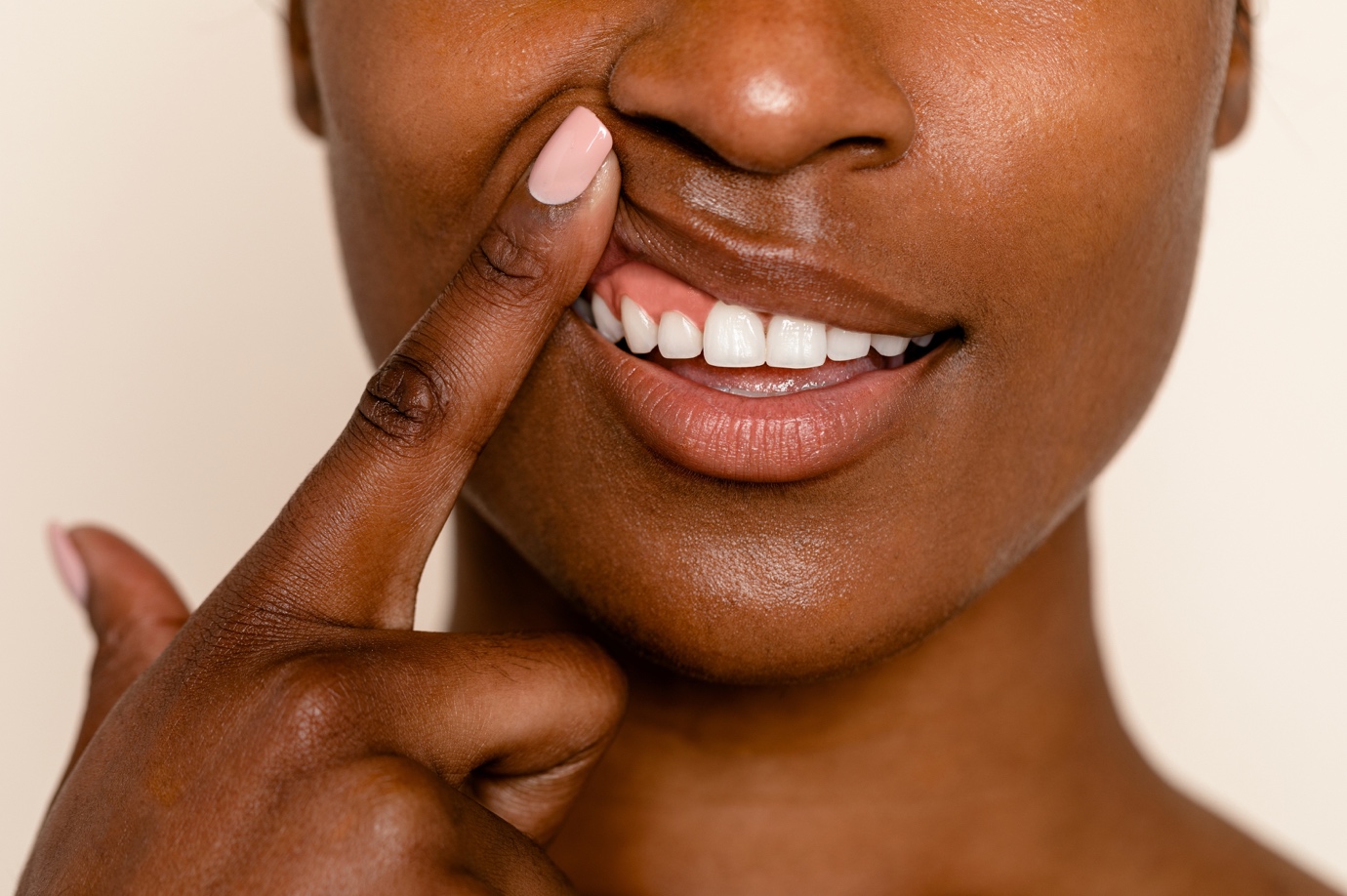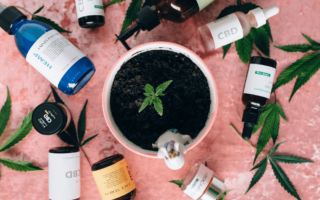Dental emergencies can be painful, costly, and disruptive to our daily lives. However, many dental emergencies can be prevented with proper dental care and preventive measures. In this article, we will share some tips from London’s more reputed dentist, Dr Deepa on how to prevent dental emergencies.
Table of Contents
Importance of preventing dental emergencies
Preventing dental emergencies is important because it not only saves time and money, but it also protects your oral health and overall well-being. Dental emergencies can be painful, uncomfortable, and sometimes even life-threatening. They can also require extensive and costly treatments, such as root canal therapy, extractions, or dental implants.
By taking preventative measures, such as maintaining good oral hygiene, avoiding hard and sticky foods, wearing a mouthguard during sports, and not using teeth as tools, you can significantly reduce your risk of experiencing a dental emergency. This can not only help prevent pain and discomfort, but it can also ensure that you maintain healthy teeth and gums over the long term.
Additionally, dental emergencies can be particularly challenging to deal with during times when access to dental care is limited, such as during a pandemic or natural disaster. By taking steps to prevent dental emergencies, you can minimize the likelihood of needing urgent dental care and reduce the burden on the healthcare system.
Preventive dental care is essential to avoid dental emergencies because it helps maintain optimal oral health and prevents minor dental problems from developing into more serious and painful conditions. Here are some reasons why preventive dental care is important in avoiding emergencies:

Practice Good Oral Hygiene:
Good oral hygiene is essential for preventing dental emergencies. Brushing your teeth twice a day for two minutes and flossing daily can help remove plaque and bacteria that can cause tooth decay and gum disease. Use fluoride toothpaste to strengthen tooth enamel and prevent cavities.
Brush Teeth Twice a Day
Brushing your teeth twice a day is one of the most important things you can do to maintain good oral hygiene. Brushing removes plaque and bacteria from the surface of your teeth and helps prevent tooth decay and gum disease. Use a soft-bristled toothbrush and fluoride toothpaste to brush your teeth for at least two minutes each time. Don’t forget to brush your tongue, too, as it can harbor bacteria that cause bad breath.
Floss Daily
Flossing is another important part of maintaining good oral hygiene. It removes plaque and bacteria from between your teeth and helps prevent gum disease. Use a piece of dental floss to clean between each tooth, making sure to reach all the way to the gumline. If you find it difficult to use traditional floss, try using a floss pick or water flosser.
Use Mouthwash
Mouthwash can help kill bacteria and freshen your breath. Use an antiseptic mouthwash after brushing and flossing to kill bacteria that may be left in your mouth. Look for a mouthwash that contains fluoride to help strengthen your teeth and prevent tooth decay. Avoid using mouthwash as a substitute for brushing and flossing, as it cannot remove plaque or food particles from your teeth.
Avoid Harmful Habits:
Harmful habits, such as using teeth as tools, biting nails, or chewing on hard objects, can lead to dental emergencies. Avoid using teeth as tools for opening bottles or tearing packages. Use scissors or other tools instead. Wear a mouthguard while playing sports to protect your teeth from injury.
Explanation of how teeth can get damaged:
When we use our teeth as tools, we put them at risk of damage, including:
- Cracks: Teeth can crack or chip when used to open or bite into hard objects.
- Wear and Tear: Using teeth as tools can cause them to wear down or become flattened.
- Tooth Sensitivity: Exposing teeth to extreme temperatures or rough surfaces can lead to sensitivity, which can be painful.
- Jaw Pain: Using teeth as tools can also lead to jaw pain, which can be a sign of Temporomandibular Joint Disorder (TMJ).
Alternatives to using teeth as tools:
- Scissors: For opening packages or cutting tape, use scissors instead of your teeth. Scissors are designed to cut through objects safely, without damaging your teeth.
- Bottle Openers: Use a bottle opener to open bottles instead of your teeth. Bottle openers are designed to remove caps without damaging your teeth.
- Tools: Use tools, such as pliers or wrenches, for tasks that require a strong grip or twisting motion. Using tools instead of your teeth can prevent chips, cracks, or wear and tear.
- Nail Clippers: Instead of biting your nails, use nail clippers to trim them. Biting nails can damage your teeth and lead to infections.
Avoid Sugary and Acidic Foods:
Sugary and acidic foods can erode tooth enamel, leading to cavities and tooth decay. Limit your consumption of sugary and acidic foods and drinks, such as soda, candy, and fruit juice. Rinse your mouth with water after consuming sugary or acidic foods to neutralize acid in your mouth.
Schedule Regular Dental Check-Ups:
Regular dental check-ups can help identify potential dental issues early on and prevent them from becoming emergencies. Dentists can detect early signs of tooth decay, gum disease, or oral cancer and provide appropriate treatment. Schedule dental check-ups every six months or as recommended by your dentist.

Wear Protective Gear:
If you participate in sports or other activities that pose a risk of dental injury, wear protective gear such as mouthguards or helmets. Mouthguards can protect your teeth from impact or injury during contact sports.
In conclusion, preventing dental emergencies requires good oral hygiene, avoiding harmful habits, limiting sugary and acidic foods, scheduling regular dental check-ups, and wearing protective gear. By taking these preventive measures, we can maintain good dental health and avoid the pain, cost, and inconvenience of dental emergencies. Consult with a London dentist to learn more about preventing dental emergencies and maintaining healthy teeth and gums.
Don’t let dental emergencies disrupt your life! Take charge of your dental health today and follow these tips to prevent dental emergencies. Schedule a dental check-up with your local dentist in London to ensure your teeth and gums are healthy. Remember to practice good oral hygiene, avoid harmful habits, limit sugary and acidic foods, and wear protective gear during sports or other high-risk activities. Your dental health is too important to ignore – start preventing dental emergencies today!





